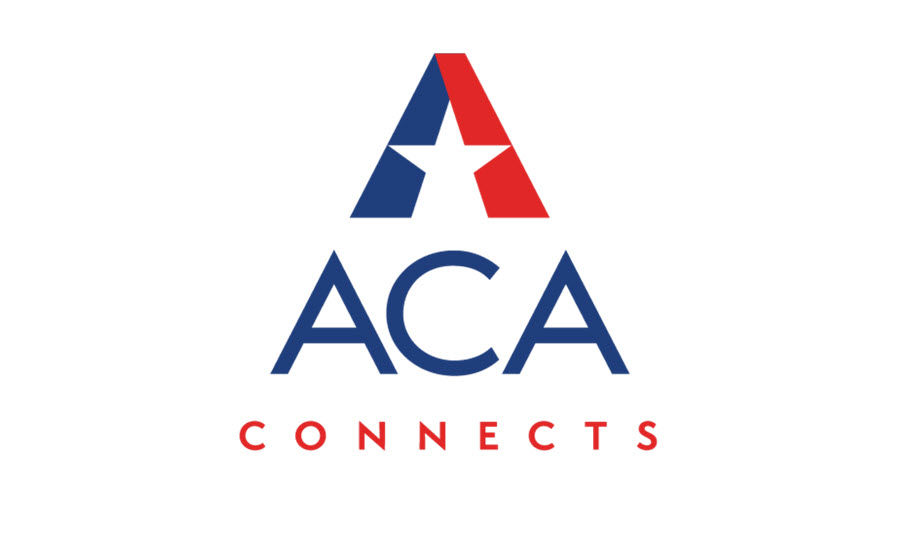Loosen Data Reporting Requirements for Smaller Broadband Operators, ACAC Urges FCC
Compliance, not punishment, should be at core of enforcement policy, group insists
The smarter way to stay on top of the multichannel video marketplace. Sign up below.
You are now subscribed
Your newsletter sign-up was successful
Responding to the FCC’s request for additional input in its “Collecting Broadband Deployment Data” proceeding, ACA Connects filed comments this week recommending that the Commission relax some of its proposed filing requirements for small cable systems.

The Commission established a new broadband deployment data collection process last year that requires providers to submit geospatial maps of their fixed broadband coverage areas and improve the existing Form 477 data collection. Last month, “to maintain that momentum,” the agency opened a “Third Further Notice of Proposed Rulemaking” seeking to get “more granular, precise maps” that will find out more details about broadband access and availability.
“Accurate and precise broadband maps are of enormous importance” for FCC and other federal policymaking, the Commission said in opening the process.
Related: FCC Broadband Data Map Rules Go Into Effect Sept. 17
In its response, ACAC acknowledged that the “collection of accurate and more granular broadband deployment data, as required by the Broadband DATA Act” is important but that the process should not “unnecessarily burden smaller providers.”
“Both the FCC and Congress have taken steps toward achieving” the goal of upgrading the broadband mapping process, said ACA Connects president and CEO Matthew M. Polka, adding that “ACA members are more than willing to do their part in this collection, especially because they serve and want to serve more rural areas of the country.”
But he cautioned that, “smaller broadband providers have limited resources and should not have to comply with requirements that are overly burdensome, especially in responding to challenges to their submissions.”
The smarter way to stay on top of the multichannel video marketplace. Sign up below.
The ACAC response includes a seven-point list of recommendations to make it easier for smaller cable firms (its primary membership) to comply with FCC reporting requirements, including “technical assistance and other relief to help smaller providers meet” their obligations. ACAC also seeks elimination of a mandate to submit an engineering certification for every Digital Opportunity Data Collection (DODC) report – which ACAC calls a “burdensome” obligation.
Echoing the comments of others, ACAC contends that, the Commission should “value accuracy over speed” particularly in early stages of the review process.
ACAC wants the FCC to assist smaller providers in reporting Geographic Information System (GIS) data and “reduce their burdens by giving them more time to file their initial shapefile (polygon) reports.” This process would also allow small operators to report broadband data in the format of their choosing. The ACAC plan asks the FCC to permit small operators 60 days to respond to challenges involving a single location and 180 days for bulk challenges involving multiple locations.
The ACAC filing wants the FCC to waive the requirement for an engineer’s certification in certain situations: specifically for broadband providers using DOCSIS or FTTx network technologies. ACAC claims that “these technologies are subject to established standards that ensure consistent transmission performance throughout the network.”
Most emphatically, ACAC asks the FCC to “adopt an enforcement regime that focuses on facilitating compliance rather than punishing providers for flawed broadband data submitted in good faith.”
Contributor Gary Arlen is known for his insights into the convergence of media, telecom, content and technology. Gary was founder/editor/publisher of Interactivity Report, TeleServices Report and other influential newsletters; he was the longtime “curmudgeon” columnist for Multichannel News as well as a regular contributor to AdMap, Washington Technology and Telecommunications Reports. He writes regularly about trends and media/marketing for the Consumer Technology Association's i3 magazine plus several blogs. Gary has taught media-focused courses on the adjunct faculties at George Mason University and American University and has guest-lectured at MIT, Harvard, UCLA, University of Southern California and Northwestern University and at countless media, marketing and technology industry events. As President of Arlen Communications LLC, he has provided analyses about the development of applications and services for entertainment, marketing and e-commerce.

